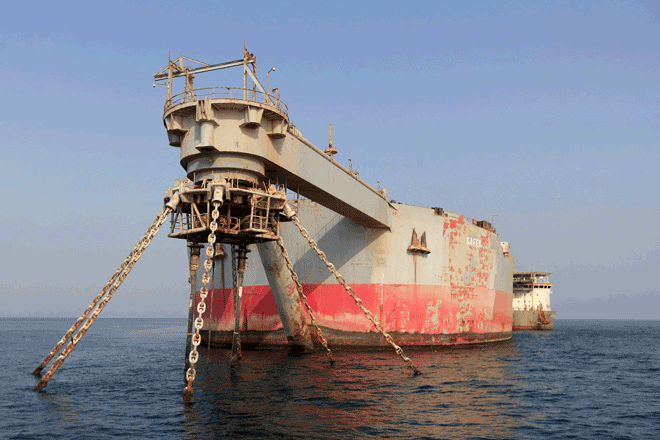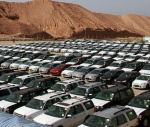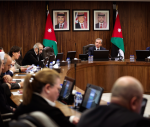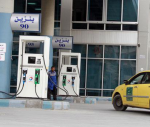You are here
Houthis confirm green light for UN tanker repair mission
By AFP - Nov 26,2020 - Last updated at Nov 26,2020
DUBAI — Yemen’s Houthi rebels confirmed they have given the green light for a UN mission to inspect and repair a long-abandoned fuel tanker which threatens to rupture and cause a massive oil spill.
The UN has been trying to assess the “FSO Safer” for years, but the Iran-backed Houthis — who control much of Yemen’s north after a war that erupted in 2014 — have so far denied access.
“An urgent maintenance agreement and a comprehensive evaluation of the Safer tanker was signed with the United Nations in order to avoid an environmental catastrophe,” senior rebel commander Mohamed Ali Al Houthi said in a tweet late Wednesday.
The UN said earlier this week that the operation could begin by late January or early February, depending on when it could obtain the necessary equipment.
The 45-year-old vessel, abandoned near the western port of Hodeida since 2015, has 1.1 million barrels of crude on board, and a rupture or explosion would have disastrous environmental and humanitarian consequences.
Apart from corrosion to the ageing vessel, essential work to curb explosive gases in its storage tanks has been neglected.
Greenpeace welcomed the development but said it was “long overdue”.
“Every day that the Safer is left unattended brings us another day closer to a humanitarian and environmental catastrophe that will further deepen the current tragedy in Yemen, and cause untold damage to the land, sea and air around the region,” said spokesman Ahmed El Droubi.
British Foreign Secretary Dominic Raab also urged quick action to “tackle the huge environmental threat it poses to Yemen & the Red Sea”.
“We need urgent progress now. The Houthis must work with the UN to avoid a devastating oil spill,” he said in a tweet.
Catastrophe looms
The UN has said an oil spill could be “catastrophic”, destroying Red Sea ecosystems, shutting down the fishing industry and closing Yemen’s lifeline Hodeida Port for six months.
Independent studies show it could affect countries as far away as Djibouti and Eritrea as well as Saudi Arabia and expose more than 8.4 million Yemenis — many already vulnerable due to famine after years of war — to heightened pollution.
An earlier agreement on access struck in July failed to materialise, but UN spokesman Stephane Dujarric said this week that the new accord was more formal and represents “an important step forward in this critical work”.
Houthi-run media quoted a senior official as saying a message had been sent to the United Nations welcoming the experts who would conduct the “urgent evaluation and maintenance”.
“The national side [Houthis] are currently waiting for a letter from the United Nations to inform the date of the arrival of the team of experts, after they have been granted the necessary visas to enter Yemen, and to start implementing the work assigned to them alongside the national technical team,” it said.
“We hope that the United Nations will accelerate the implementation of the steps according to the agreement, and send the team of experts to carry out their duties quickly.”
In June, the Houthis said they wanted guarantees that the value of the oil on board the Safer would be used to pay salaries of their employees.
But the Yemeni government has said the money for the oil should be used for health and humanitarian projects in the shattered country, which is again on the brink of famine.
Related Articles
SANAA — Yemen's Houthi rebels said Wednesday they are "ready" to allow a UN mission to inspect a long-abandoned fuel tanker which threatens
SANAA — Houthi rebels and the UN are again at an impasse over a loaded oil storage tanker decaying off Yemen, despite parallels to this mont
HODEIDA, YEMEN — A rusting tanker containing more than a million barrels of oil has lain abandoned off the coast of war-torn Yemen since 201


















